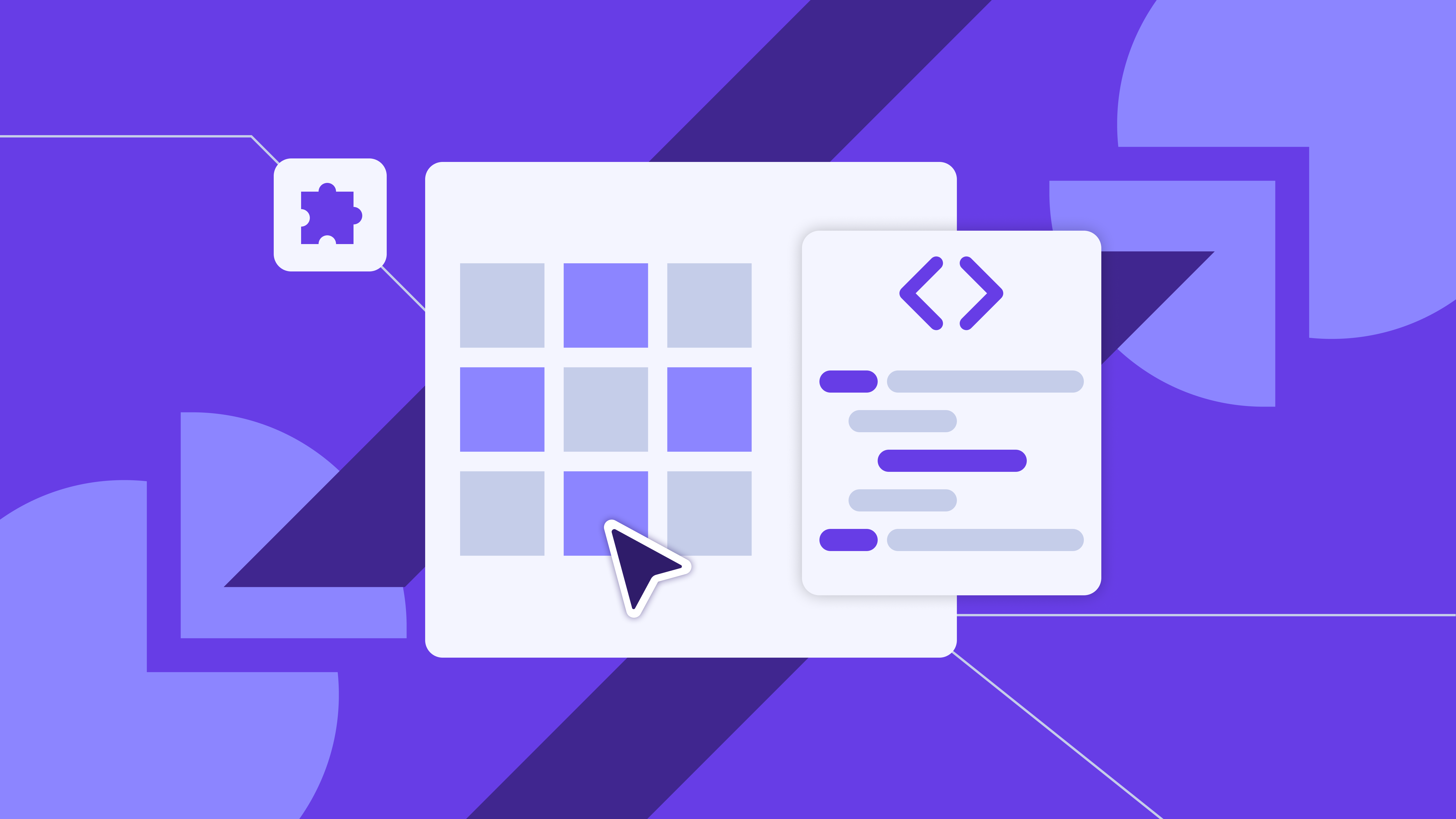Supercharge Your Coding with AI: A Practical Guide to the Best AI Coding Tools
Supercharge Your Coding with AI: A Practical Guide to the Best AI Coding Tools

AI is revolutionizing software development, and AI coding assistants are at the forefront of this change. Gone are the days of simple autocomplete; today’s tools can write, refactor, debug, and even explain code across numerous languages and frameworks. This tutorial explores the top AI coding tools available in 2025, helping you choose the perfect fit for your needs.
Choosing the Right Tool: Key Criteria
Selecting an AI coding assistant depends on several factors:
- Code Quality & Accuracy: Prioritize tools that generate clean, reliable, and error-free code. High accuracy minimizes corrections and speeds up development.
- Language Support: Ensure the tool supports your primary programming languages. Some specialize in Python or JavaScript, while others offer broader coverage.
- Editor Integration: Seamless integration with your preferred IDE (VS Code, JetBrains, etc.) or browser-based environments is crucial for a smooth workflow.
- Context Awareness: The AI should understand your project’s context (style, variables, libraries) for relevant suggestions.
- Speed & Responsiveness: Fast suggestions are vital. Local deployment offers instant responses, while cloud-based models might introduce latency.
- Privacy & Security: For proprietary code, local deployment or privacy-focused tools are essential. Carefully review privacy policies.
- Pricing & Licensing: Evaluate the cost against the features. Many offer free tiers, while others require subscriptions or enterprise licenses.
- Additional Features: Consider features like code explanation, debugging assistance, documentation generation, and multi-language support.
Top AI Coding Tools: A Detailed Look
Let’s dive into some of the best AI coding tools, categorized for easier selection:
For VS Code Users:
- GitHub Copilot: Real-time code suggestions based on your project context. Supports multiple languages and integrates directly into VS Code. (Free & Paid tiers)
Open-Source Alternatives:
- TabbyML: Privacy-focused, with local deployment options. Uses smaller, language-specific models. (Free & Paid tiers)
- CodeGeeX: Customizable, open-source AI for code generation, supporting multiple languages. (Free)
- StarCoder: Open-source LLM, customizable for research or commercial use. (Free)
AI Coding Chatbots:
- ChatGPT (GPT-4o): Excellent for Python, debugging, and explanations. (Free & Paid tiers)
- Claude: Often praised for generating cleaner, more maintainable Python code. (Free & Paid tiers)
All-in-One IDE Replacements:
- Cursor AI: AI-powered IDE with a chat feature for bug fixes and refactoring. (Free & Paid tiers)
Specialized Tools:
- Visual Copilot: Converts Figma designs to React code. (Free & Paid tiers)
- Qodo: Automates code review, highlighting bugs and security issues. (Free & Paid tiers)
- OpenAI Codex: The powerful model behind many assistants; accessible via API for custom integrations. (Paid)
- AskCodi: All-in-one assistant for code generation, testing, SQL queries, and documentation. (Paid tiers)
- Replit: Cloud-based IDE with AI assistance for writing and debugging. (Free & Paid tiers)
- Blackbox AI: Works across VS Code, JetBrains, and Chrome DevTools, providing autocomplete and search. (Paid tiers)
- Microsoft Copilot: Integrated with the Microsoft ecosystem, automating coding and documentation tasks. (Included in select subscriptions)
- DeepSeek Coder: Focuses on accurate code generation across multiple languages. (Free)
- Devin AI: Automates full engineering tasks, including code writing, testing, and reviews. (Paid tiers)
- Amazon Q Developer: AI agent for AWS developers, integrating with AWS services. (Free & Paid tiers)
- Sourcegraph: AI-powered code search and smart code suggestions for large codebases. (Free & Paid tiers)
Advantages of AI Coding Assistants:
- Boosted Productivity: Automates repetitive tasks, freeing you to focus on complex problems.
- Improved Code Quality: Reduces errors and suggests best practices.
- Multi-Language & Framework Support: Versatile across projects.
- Learning & Onboarding Assistance: Acts as a virtual tutor.
- Enhanced Collaboration: Streamlines code review workflows.
- Increased Accessibility: Cloud-based tools allow coding from anywhere.
Disadvantages of AI Coding Assistants:
- Imperfect Suggestions: Human review is essential.
- Limited Contextual Understanding: Might miss project-specific nuances.
- Privacy Concerns: Sharing code with cloud services poses security risks.
- Cost Considerations: Some tools have expensive subscriptions.
- Dependency Risk: Over-reliance can hinder skill development.
- Ethical & Legal Questions: Licensing and attribution concerns when using AI-generated code.
Conclusion:
AI coding assistants are powerful tools, but they are not replacements for skilled developers. Use them responsibly, combining the best of AI and human expertise to build better software. Remember to carefully consider the criteria outlined above to choose the tool that best fits your individual needs and workflow.
Disclaimer: This content is aggregated from public sources online. Please verify information independently. If you believe your rights have been infringed, contact us for removal.